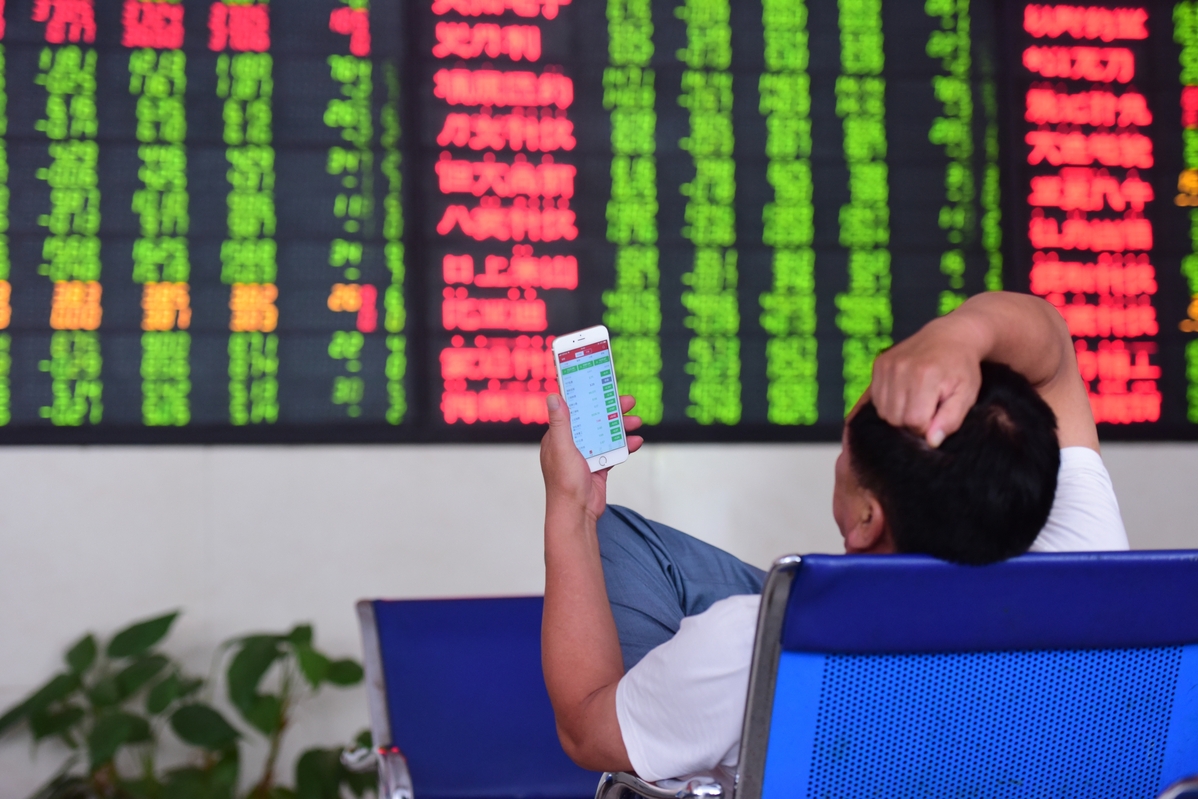Despite slump, QFIIs swear by A shares


Qualified foreign institutional investors' interest in the Chinese mainland's A shares remains strong in spite of recent market fluctuations and less-than-stellar financial performance of some companies this year.
Evidence of QFIIs' sustained interest comes in the form of their heightened research into A-share companies.
Data from Shanghai-based Eastmoney Information Co Ltd showed 57 A-share companies received survey forms to fill from QFIIs in September.
In contrast, QFIIs surveyed only 40 A-share companies every month on average in the first half of this year.
Foshan-based home appliances giant Midea Group was researched by 11 QFIIs last month. Most of them were QFIIs such as UBS, Morgan Stanley and Government of Singapore Investment Corp, which typically make large investments in A shares.
As Midea explained, the company has completed a number of global mergers and acquisitions. It has also explored new businesses for diversification, and consolidated its global operations, besides reinforcing its leadership in robotics and intelligent automation.
Overseas market contributed nearly 50 percent of its annual sales revenue, making its stock an attractive proposition for QFIIs.
Dongguan-based cable assembly and connectivity systems provider Luxshare Precision was surveyed by five QFIIs in September. It explained to the QFIIs that its cooperation with North American clients has been improving in recent years, which will hopefully bring in substantial income to the company's consumer electronics business sector.
China's largest meat processor Shuanghui Group was researched by four QFIIs including Japan's investment bank Nomura. Domestic video surveillance giant Dahua Technology and Beijingbased Lepu Medical were researched by four QFIIs.
The world's leading index service providers are also vying for opportunities in the Chinese mainland's stock markets in Shanghai and Shenzhen.
New York-based MSCI said on Sept 26 it plans to increase its weighting of large-cap A shares from the current 5 percent to 20 percent in its China gauge.
Meanwhile, MSCI's London-based rival FTSE Russell began including A shares in some of its indexes from Sept 27.
Although the A-share market slumped in the first few trading days of this month, Min Liangchao, chief strategist at HSBC Jintrust Fund, said investor risks have been mostly dealt with over the past few months. Given China's reasonably stable mid- to long-term economic performance, the A-share market will likely pick up, analysts said.
"In the short term, we can see some foreign investors withdrawing from the Chinese mainland market due to the rise of the US bond yield. Foreign capital flowing into the global securities markets will reduce, and the A-share market won't be exempted from these cuts," he said.
"But as the US economy reaches the pinnacle of its growth curve and China's foreign exchange pressure reduces, policies will focus more on the domestic economy. Long-term investment capital will also look for assets in the emerging markets."
Medha Samant, Fidelity International's investment director for Asian equities, said the Chinese stock market presents relatively low valuations now, making its returns the best in Asia. Rising domestic consumption in China will be a major pillar of the country's economic growth, she said.
She also said Fidelity stresses on market investments in Asia, given abundant opportunities in China and parts of the ASEAN countries.
Companies benefiting from the local economic growth, rising consumption and more emphasis on insurance and medical care will generate higher quality growth, and stocks of such companies will be the main targets of QFIIs, she said.





































